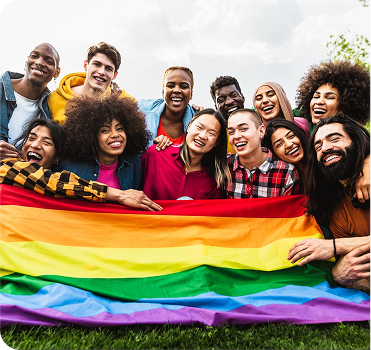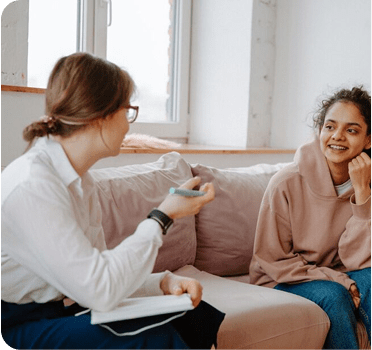Our Services
At People R Us, we provide a broad range of personalized services that address the complex needs of adolescents aged 13 to 21 who are navigating behavioral challenges, substance use, mental health issues, or involvement with the child welfare system. Our trauma-informed and restorative approach ensures that care is not only professional but also responsive, inclusive, and healing-centered. Below is an overview of the services we offer:
Youth gain life skills, confidence, and support to prepare for safe, stable adulthood.
We strengthen family connections through therapy, visits, and ongoing communication. We specialize in addressing harmful sexual behaviors in youth through intensive, family-centered intervention via Problem Sexual Behavior Multisystemic Therapy (PSB-MST).
Our therapeutic 24-hour residential day treatment program offers a structured environment that supports academic, emotional, medical, and daily living needs. We use the DSM-V-TR to guide whole-person care in our Therapeutic Residential Program for youth ages 13–20.
Youth practice replacing aggressive behavior with communication, self-control, and empathy. We also have weekly anger management groups to help afflicted individuals regain emotional control and autonomy.
Youth learn to repair harm and rebuild relationships through guided accountability and healing dialogue. Restorative practices circle group meetings allow participants to share experiences, build peer support, develop social and coping skills, and healthily resolve conflict under the guidance of clinical professionals.
Youth learn to recognize and change harmful thought patterns that affect their emotions and behavior. We also assist those who suffer from autism spectrum disorder.
We provide affirming, individualized care for youth whose identities or needs are often overlooked.
We help youth safely process trauma, build coping skills, and reduce emotional distress.
Teens develop tools for managing intense emotions, impulsivity, and interpersonal conflict.
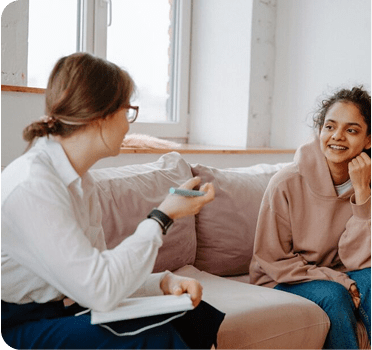
- Structured Restorative Circle Group Sessions with Clinical Facilitation
- Conflict Resolution Circles for Repairing Harm and Rebuilding Trust
- Guided Accountability Conferences Involving Impacted Parties
- Behavior Reflection Journals and Therapeutic Processing
- Development of Community Agreements and Shared Group Norms
- Daily Emotional Check-Ins and Check-Outs for Self-Regulation
- Peer-Led Mediation to Support Healthy Conflict Resolution
- Restorative Planning Following Behavioral Incidents
- Youth-Led Circles Emphasizing Empathy, Healing, and Growth
- Relationship Repair Dialogues with Staff, Peers, or Family Members
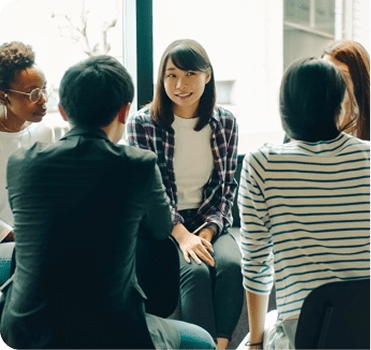
- Community Outing – Dinner
- Community Outing – Shopping
- Community Outing – Recreation
- One-to-One Staff Outing
- Community Time – Resident Sign Out
- Community Time – School Activity
- Recreational – Park
- Recreational – On Premise
- Recreational – YMCA / R.W. Brown Programs
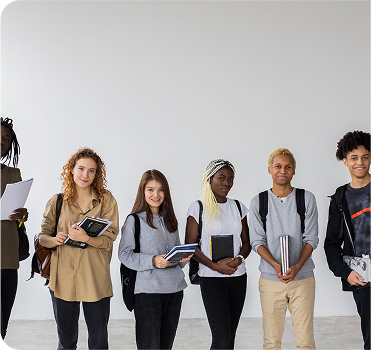
- Individual Therapy
- Motivational Interviewing
- Outpatient Group Sessions
- In-Person Appointments
- Medication Management
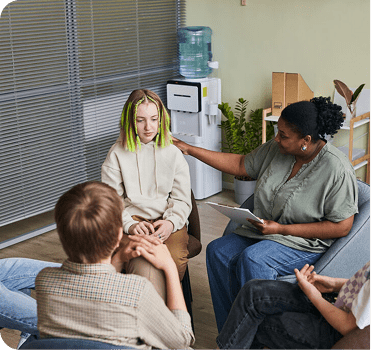
- Family Therapy
- Facility Visit – Family
- Facility Visit – CYS Team
- CYS Team Home Visits
- In-House Meetings
- Intensive, Family-Centered PSB-MST Sessions
- Ongoing Communication and Coaching for Caregivers
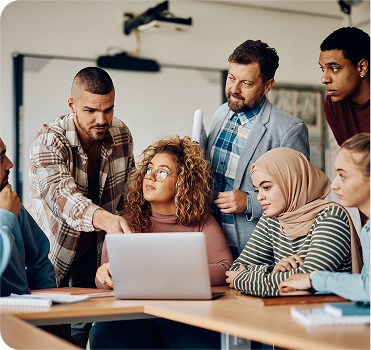
- Facility – Academic Support
- Facility – Clinical Exercise
- Free Time – Bedroom
- Free Time – Common Area
- Hygiene – Bathe/Shower
- Hygiene – Other Support
- Supervised Phone Calls
- Medical Monitoring & Daily Health Checks
- Individualized Treatment Plans Guided by DSM-V-TR

- Skillstreaming for Social Skill Development
- Anger Control Training for Emotional Regulation
- Moral Reasoning Groups for Decision-Making
- Role-Playing Scenarios to Practice Positive Responses
- Reflection Exercises for Impulse Management
- Group Discussions on Consequences and Alternatives
- Daily Monitoring of Behavior Goals
- Weekly Progress Evaluations with Staff
- Peer Feedback and Support Sessions
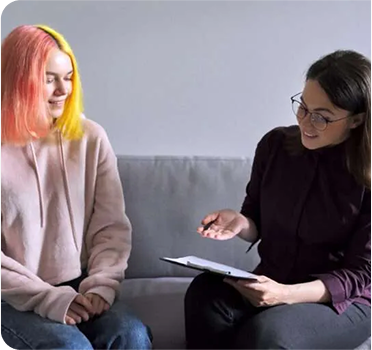
- Identity-Affirming Therapeutic Sessions
- Neurodiversity-Inclusive Behavior Support Plans
- Staff Trained in LGBTQ+ and Neurodiverse Competency
- Safe Zones and Affirmation Spaces Within Facilities
- Gender-Responsive Programming and Policies
- Sensory-Friendly Recreational Activities
- Individualized Communication Supports
- Peer Allyship and Support Groups
- Protective Oversight for High-Risk Youth
- Community-Based Advocacy and Referral Linkages
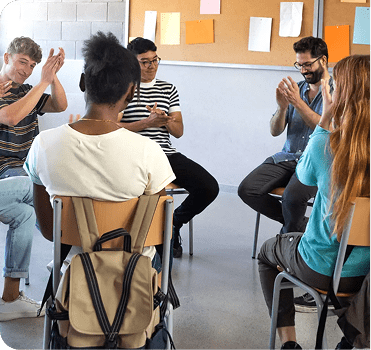
- Trauma-Focused Cognitive Behavioral Therapy

